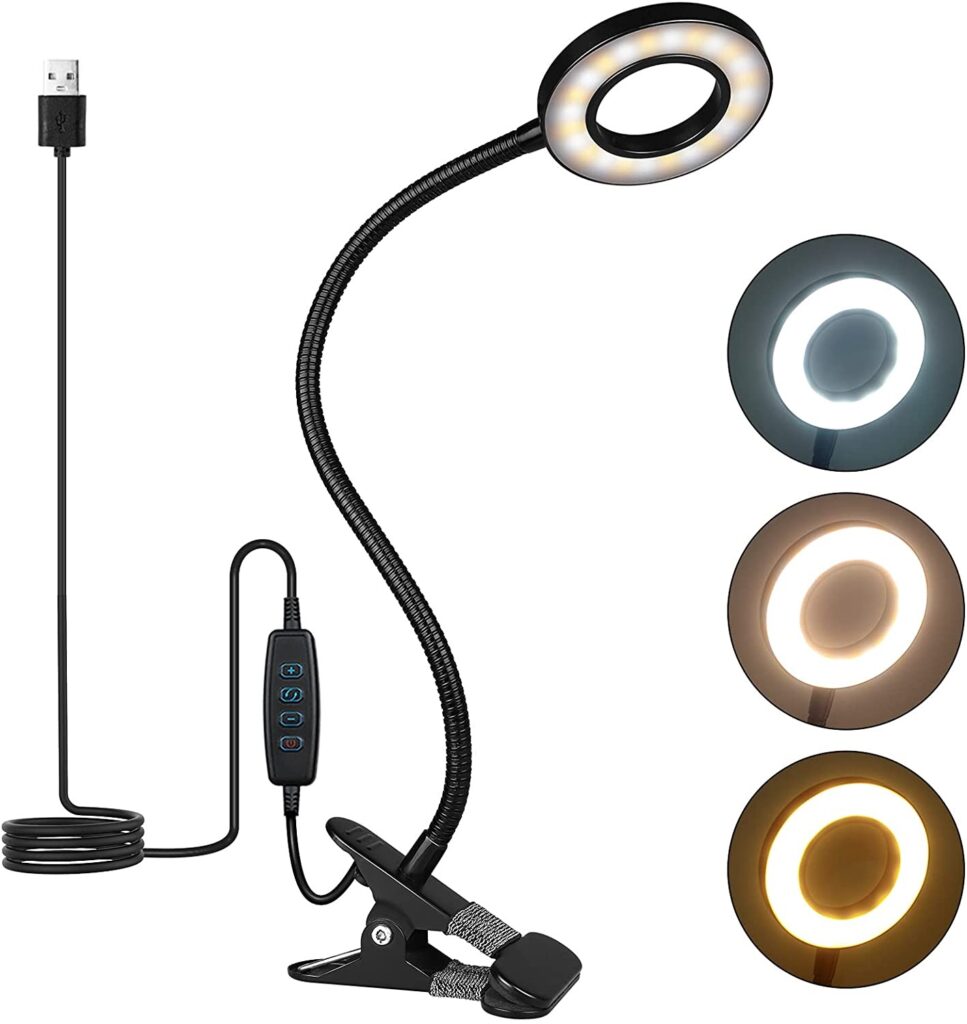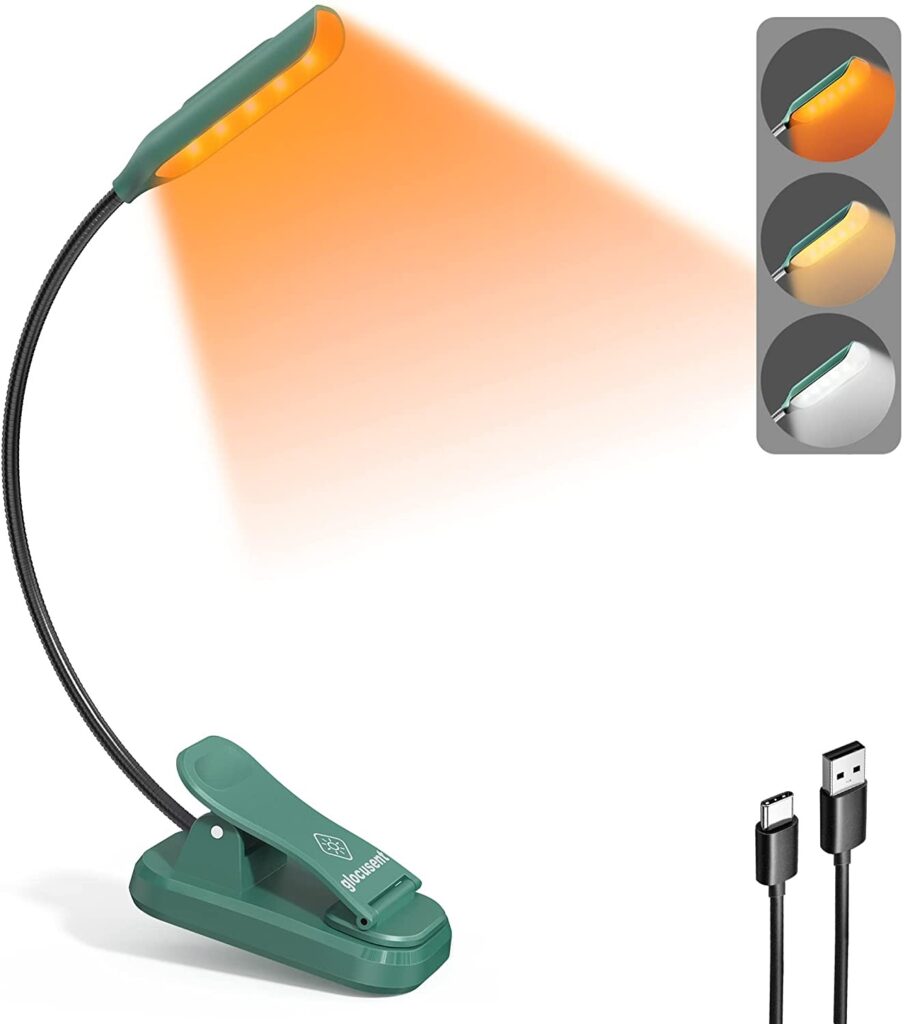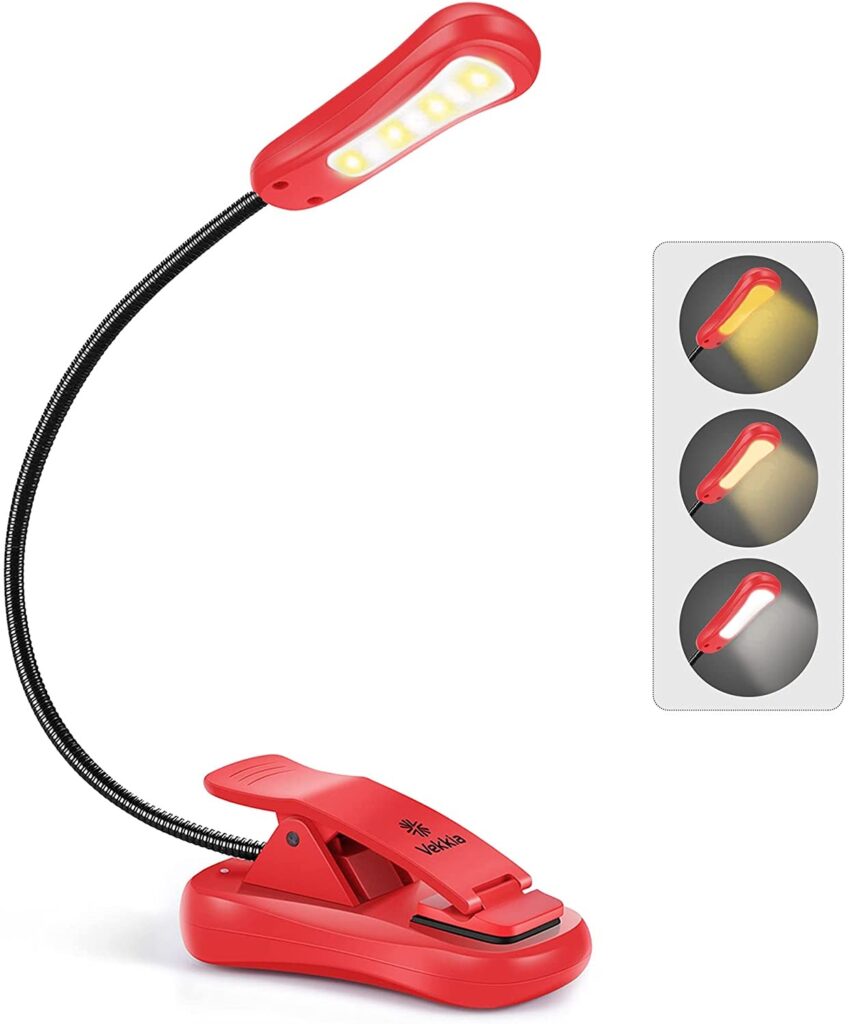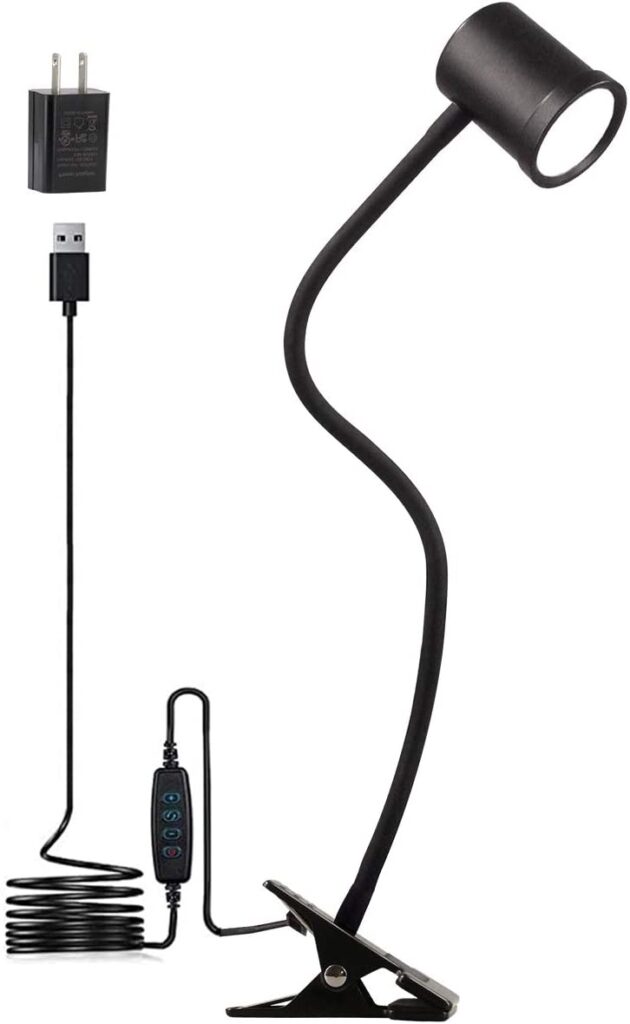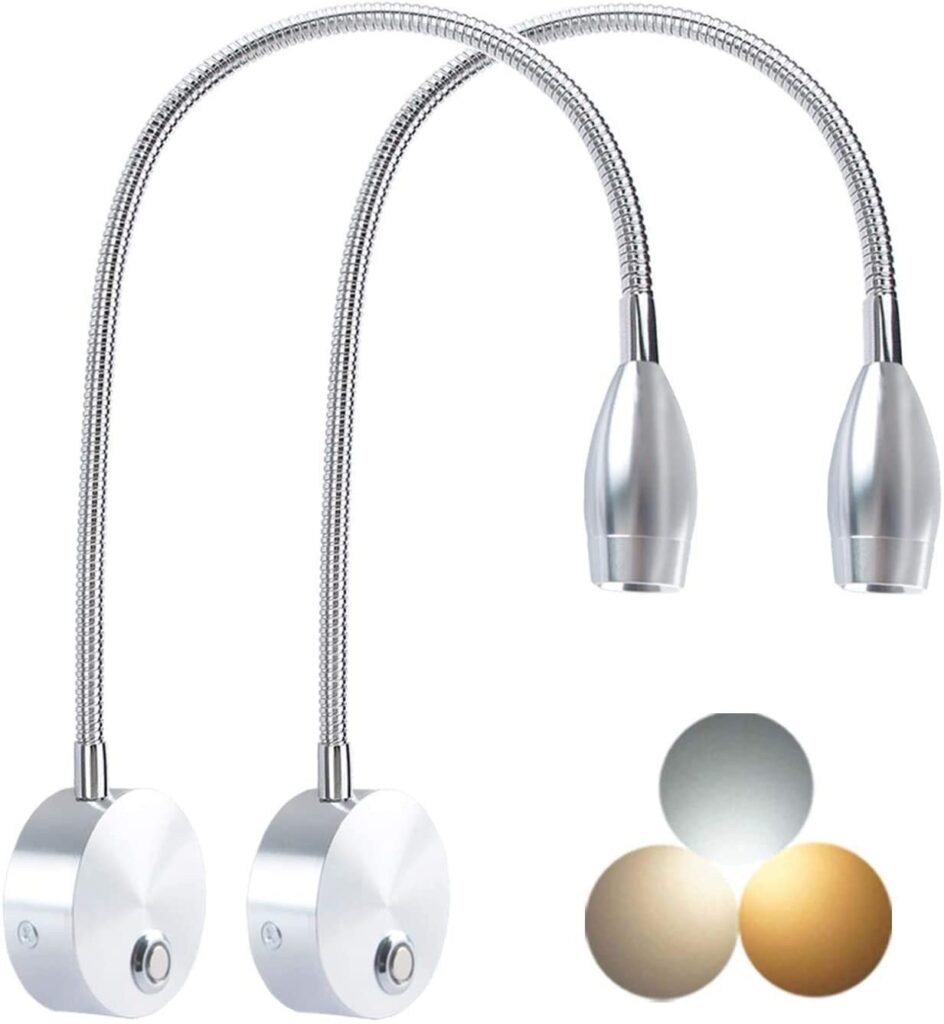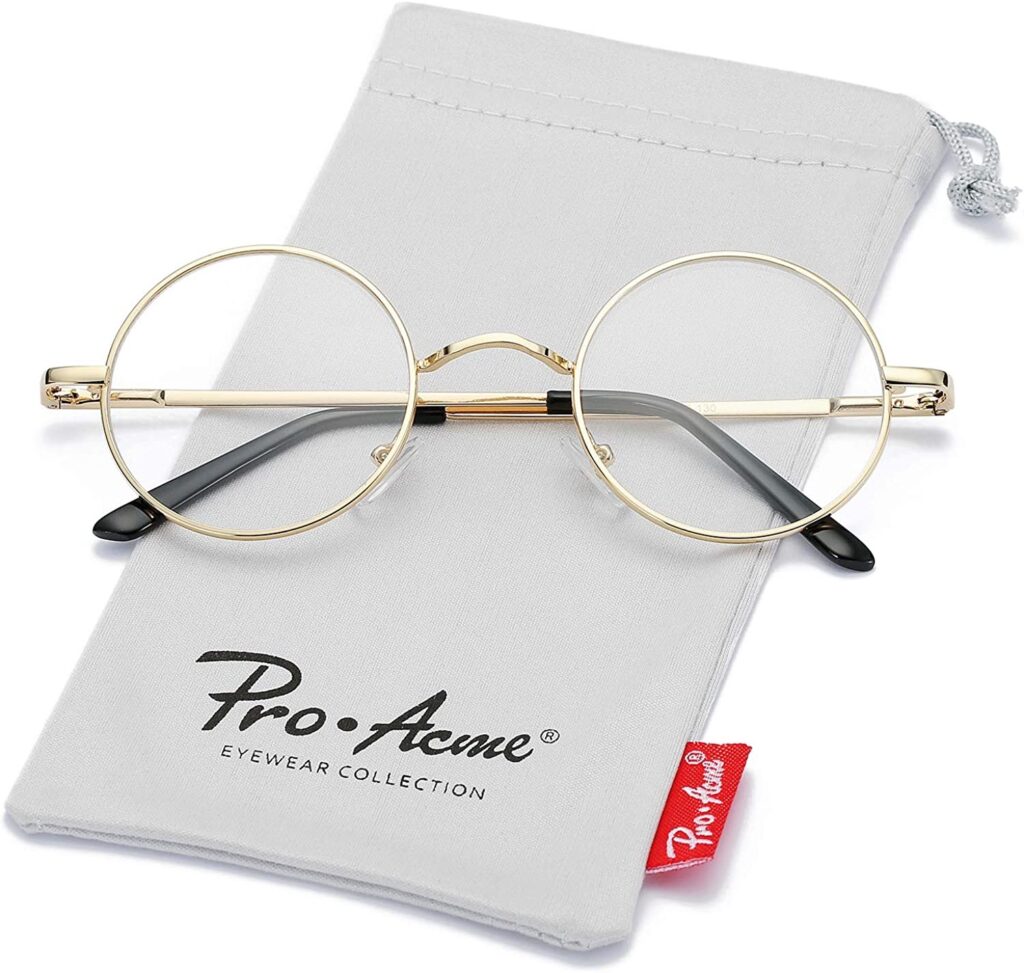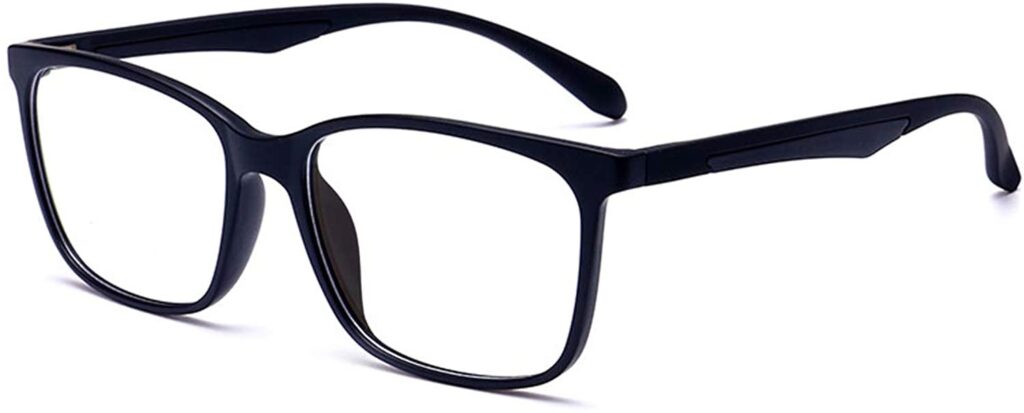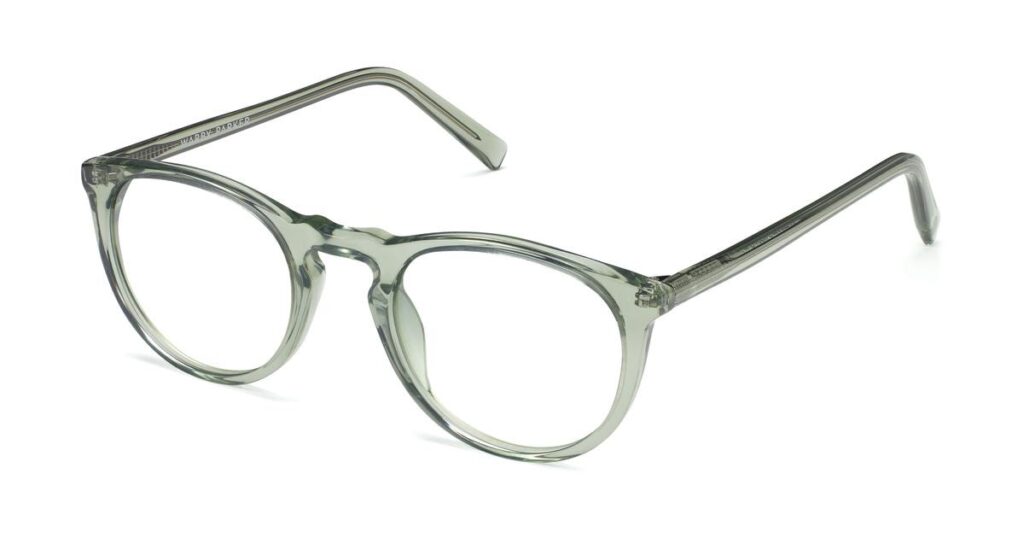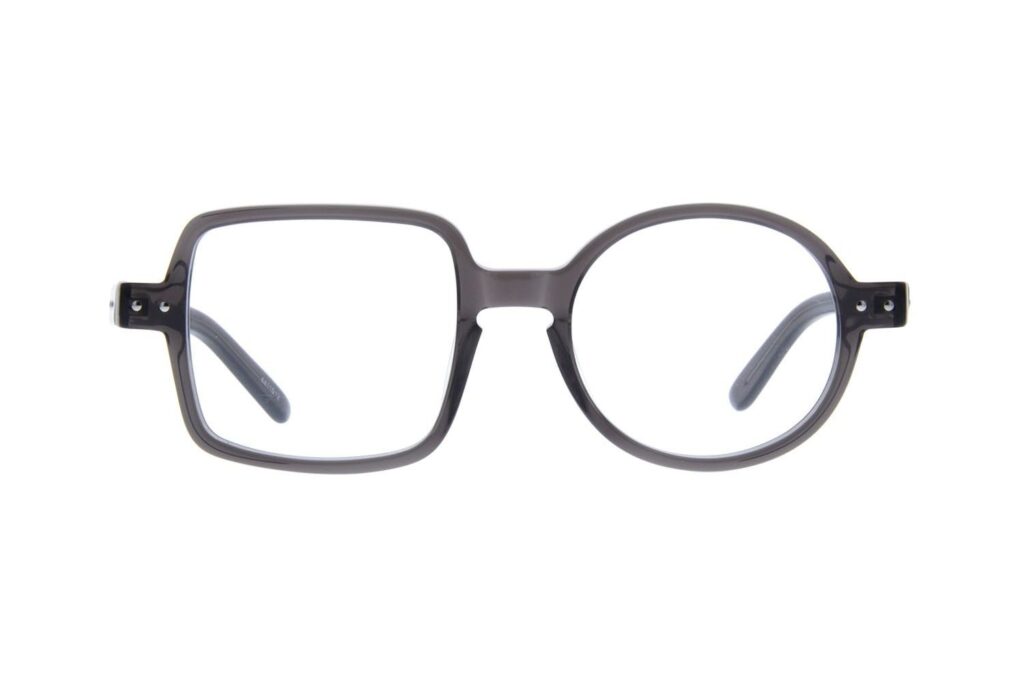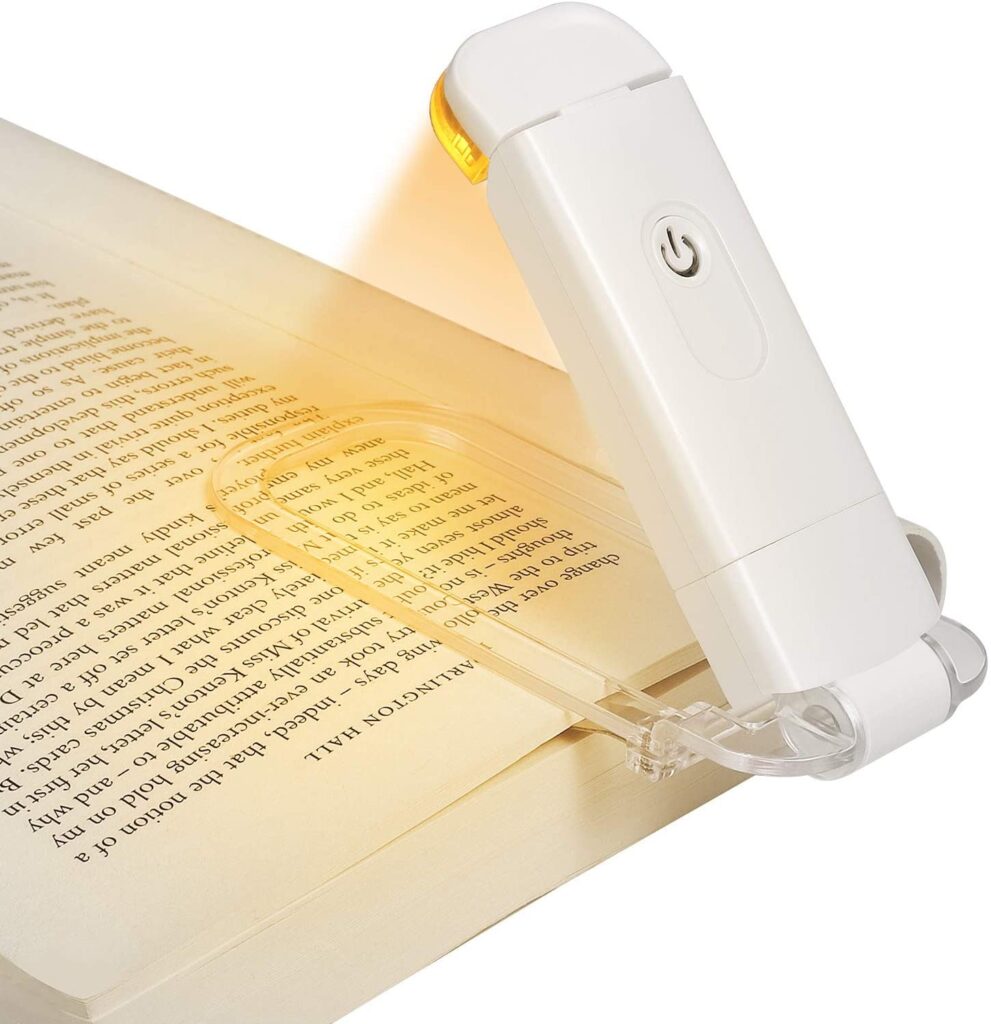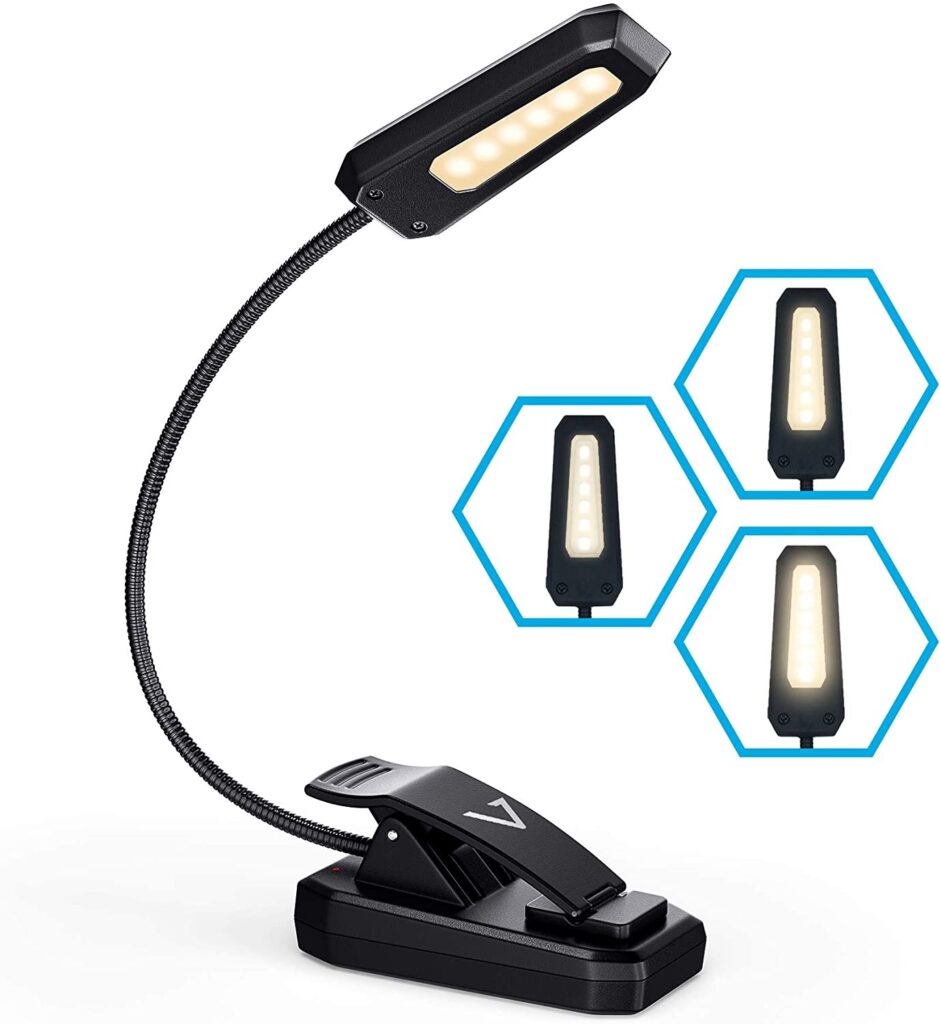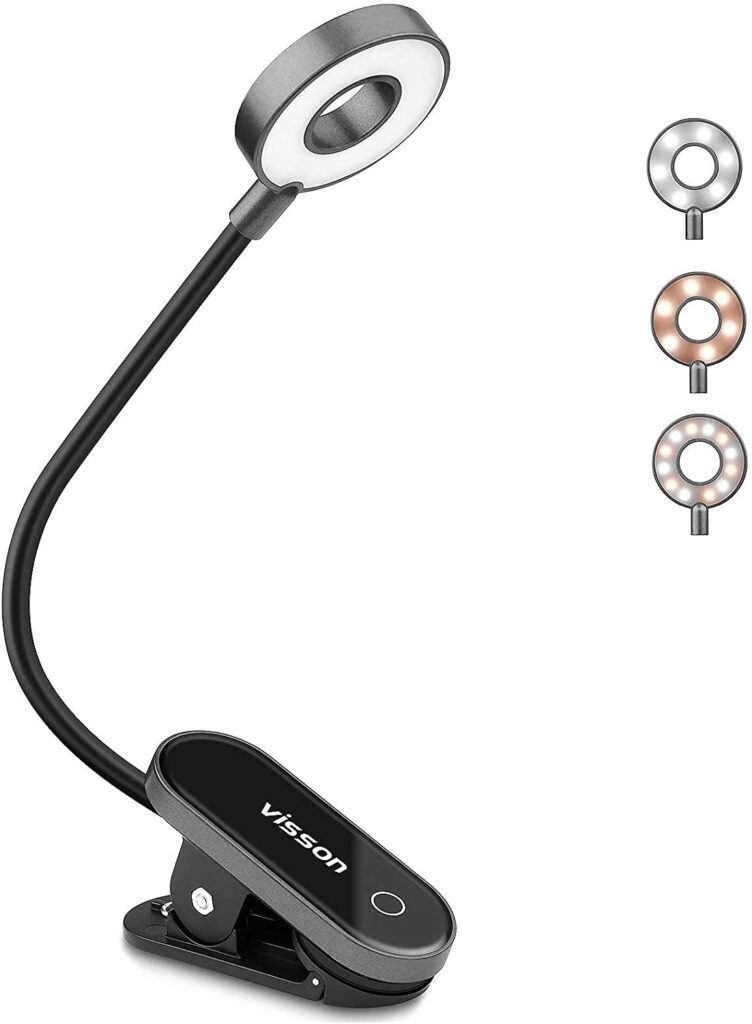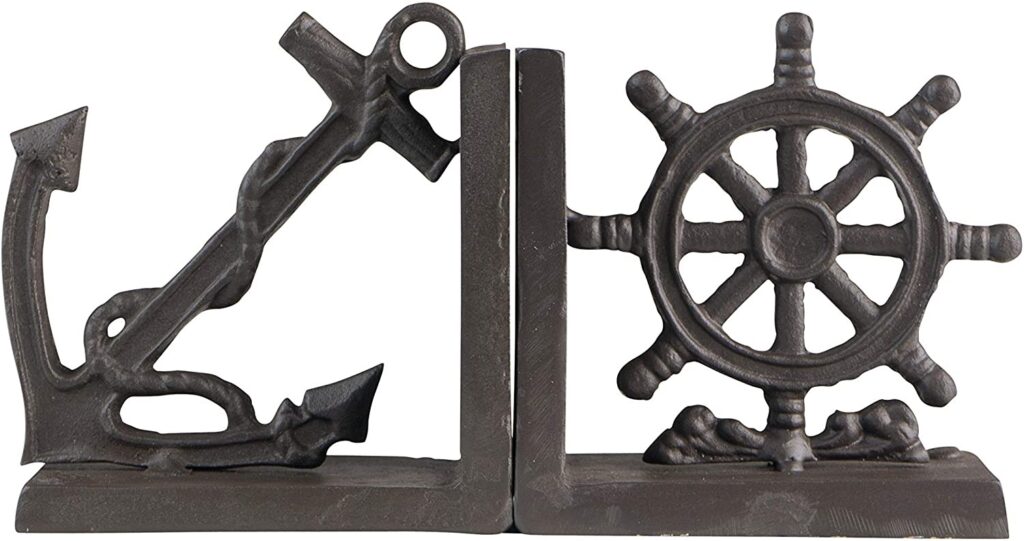Do you enjoy books, technology, and fostering literacy? Want to make a profession out of it? Become a librarian! There are many types of librarians, ranging from reference librarians in a public library to academic librarians at a research university or a community college. But librarians can also work in a K-12 setting. This guide explains what a school librarian does and what qualifications are required to work as one.
Librarians conduct a study, teach, and link people to technology as part of their jobs. Librarians create websites, digitize archives, and run social media accounts. Librarians collaborate with people of all ages to link them to information, education, and community resources. Librarians work in many different places, including museums, corporations, public libraries, colleges, institutions, and schools.
So What Does a School Librarian Do?
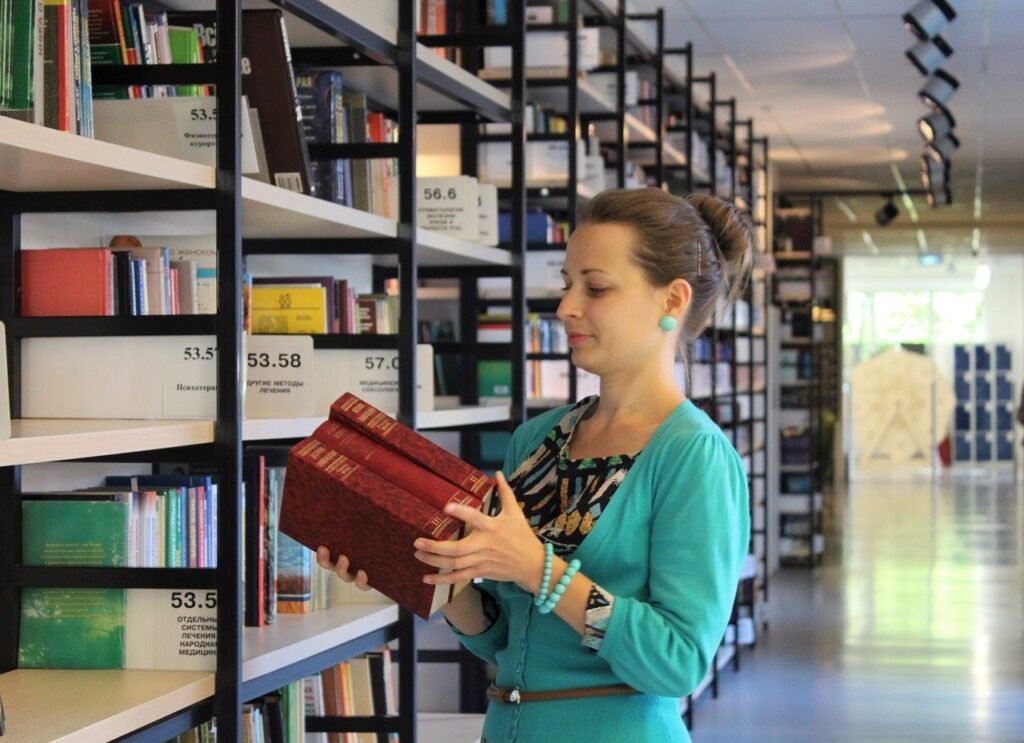
A school librarian assists students in finding the books and resources they need, keeping those books and materials organized, selecting new ones for the library, planning programs and initiatives, coordinating and teaching classes, making preparations and purchasing items within a budget, and training other staff in databases or technology.
Most aspiring school librarians typically require a master’s degree in library science. A bachelor’s degree in any subject area and a master’s degree in library science/studies or information science/studies are required for most librarian roles, although the school environment is where you see less requirements.
Although school librarians are not always required to have a master’s degree, they must complete state teaching standards. (And in some states, the MLS is indeed necessary.)
Furthermore, most states require K-12 public school librarians to get state licensure, which often involves a relevant degree and a passing score on the Praxis Library Media Specialist test. The following is a common path to becoming a public school librarian:
Earn a Bachelor’s Degree
A bachelor’s degree is the initial requirement for becoming a school librarian; this is usually the minimum amount of education needed to be certified as a teacher by the state. Graduate library science programs, typically the Master of Library Science (MLS), also require applicants to hold a bachelor’s degree in any discipline so this is also the first step towards that.
Students are required to finish a student teaching internship while pursuing a bachelor’s degree to get certified.
Become a Certified School Librarian
Apart from obtaining a bachelor’s degree and finishing a student teaching internship, teaching certification or license prerequisites differ by state. Anyone who wants to be a teacher must be certified in the state where they want to teach; thus, school librarians who live in states that need teacher certification or teaching experience must take this step.
Finish a Master’s Degree Program
After earning a bachelor’s degree and accreditation, librarians continue their education. A master’s degree is also necessary for most school librarians. A Master of Library Science (MLS) is a standard graduate degree program when pursuing this job. Individuals interested in working as school librarians should enroll in an American Library Association-accredited program (ALA).

If you want to become a certified school librarian, you should check with your state’s education department for specific criteria. Librarians with a master’s degree will have a broader range of job opportunities in various sorts of libraries. Many school librarians have a Library Science degree.
Becoming a School Librarian Requires Licensure and Accreditation
School librarians do not have an official certification. In most states, completing an appropriate approved master’s program is the essential qualification for employment as a school librarian. According to the American Library Association, “many states first need qualification or licensure as a teacher in another subject area before librarian accreditation can be attained.”
The following are some of the most common teaching license requirements, which vary by state:
- Getting a bachelor’s degree.
- Having completed a teacher education program
- Obtaining a passing score on one or more Praxis examinations
- Getting through a background check
FAQS
Is a teacher certification required to work as a school librarian?
Certification requirements differ by state; teaching certification may or may not be required for school librarians. Private colleges may not require certification, but most public schools must. Typically, a master’s degree in library science (MLS) is necessary. For more information on certification requirements in your state, contact your state board of education or a college program.
What kind of courses do I need to take to become a school librarian?
Courses necessary for school librarians will vary based on the school, but they will most likely include children’s literature, learning technologies, and library management. Find out what courses are necessary for your state by speaking with your school’s advisor or consulting the state board of education.
What is the average salary for a librarian?
A school librarian’s salary is determined by several factors, including the school’s budget and the librarian’s experience. The median annual compensation for all types of school librarians was $60,000 in 2018, according to the BLS; however, the salary range is vast, with the top 10% making $93,000 and the worst 10% earning $34,000 or less.
Those having a master’s degree in library and information science may earn more money.
What do librarians do?
The typical librarian job description changes a lot depending on the type of library. A librarian in an elementary school, for example, will have different responsibilities than one in a law library. Finding needed material, organizing and maintaining information, supporting users with technology, establishing community programs, and supervising other library personnel are recurring roles.
Is it possible to get my MLIS degree online?
This degree can be completed entirely online, depending on the college. Because local on-campus programs aren’t always available, earning an MLS degree online is very popular. There are various high-quality online programs available, and it enables students with other commitments like family and employment to have a more flexible education schedule.
Finally, it’s worth mentioning that the job outlook is not entirely rosy for school librarians, as school districts in many states have been cutting back on librarians due to cost-cutting measures. In some cases a single librarian is assigned to support multiple schools or there are no credentialed librarians at all. Due to the crucial role they play in student development, however, school librarianship is still a valuable field worth looking into if it aligns with your interests.
